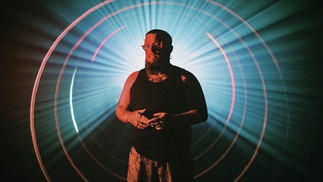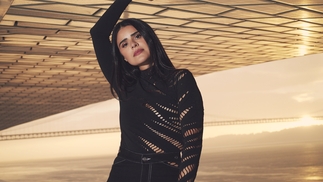ANNA talks perseverance, philosophy and the power of self-preservation
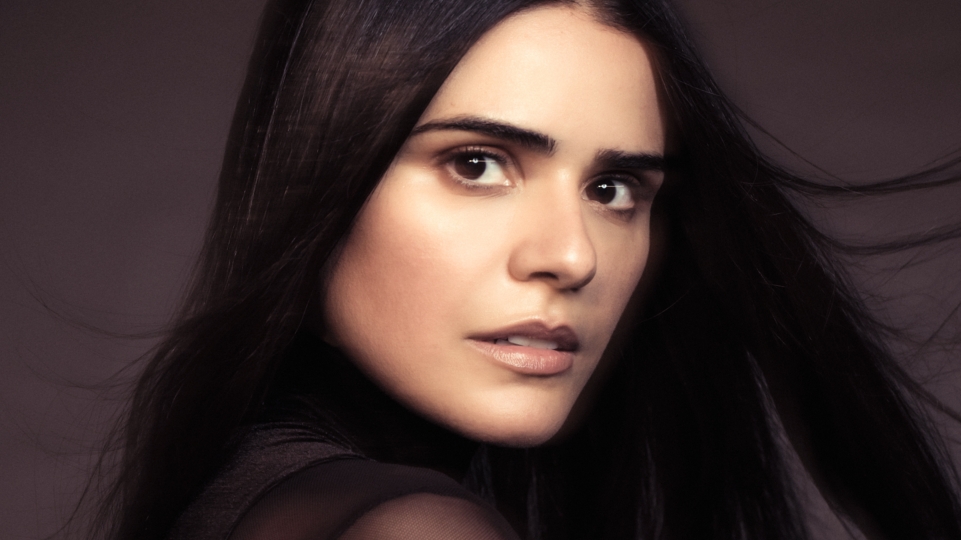
Brought up near São Paulo, Brazil, the daughter of a club owner, ANNA has made her own destiny through a combination of perseverance and talent. She’s faced health scares and industry pitfalls, but, she tells DJ Mag, with gigs all over and releases on the best dance labels, she’s never been in a better place than she is now...
It was supposed to be her moment. After two decades of work, ANNA had caught the attention of Ibiza’s biggest names. She’d released her 2016 breakthrough single ‘Odd Concept’ on Diynamic, and was now playing back-to-back with Solomun at Pacha, joining Carl Cox at Space, and playing roughly 14 gigs a month, with a win at the 2016 DJ Awards to cap it off. But perhaps more importantly, for the first time in years, Brazil’s Ana Miranda could again support herself through music.
“That was amazing,” she says. “When I moved to Europe in 2014, I didn’t even know if I was going to be able to pay my bills with my gigs.”
Internally, however, she was struggling to keep up — emotionally unstable and tired all the time. She didn’t know why.
“I remember I had to play a gig on a Sunday. It was my fourth gig of the week, and I couldn’t keep my eyes open. I was like, ‘Oh my God, why are all of these things happening to me? I’m supposed to be happy now.’ It was a really difficult time.”
It was a thyroid virus, doctors later told her, possibly contracted while travelling. “It makes you crazy,” she says. “I barely could walk.“ It took four full months of rest to recover.
Never much of a drinker (she’s always avoided long post-gig after parties), Miranda began making small but important changes to her lifestyle following the illness, like cutting alcohol completely. And while she says the virus wasn’t a catalyst for these changes, it nevertheless serves as an inflection point between two neatly distinct periods in Miranda’s life and music, from making what could casually be described as ‘party music’ to being hand-picked by Jon Hopkins to remix ‘Singularity’ from his new album of the same name.
"I could never have imagined I’d get the chance to remix Jon Hopkins, he is an such an such an important and accomplished artist," says Miranda. "But if you are really true to yourself and do things from the heart, things falls into place. When I got the stems of the track, I thought about doing something more alternative, something different from what I normally do. But then I decided to stick with my style because that was the reason he invited me to remix it. He wanted something that sounded like me."
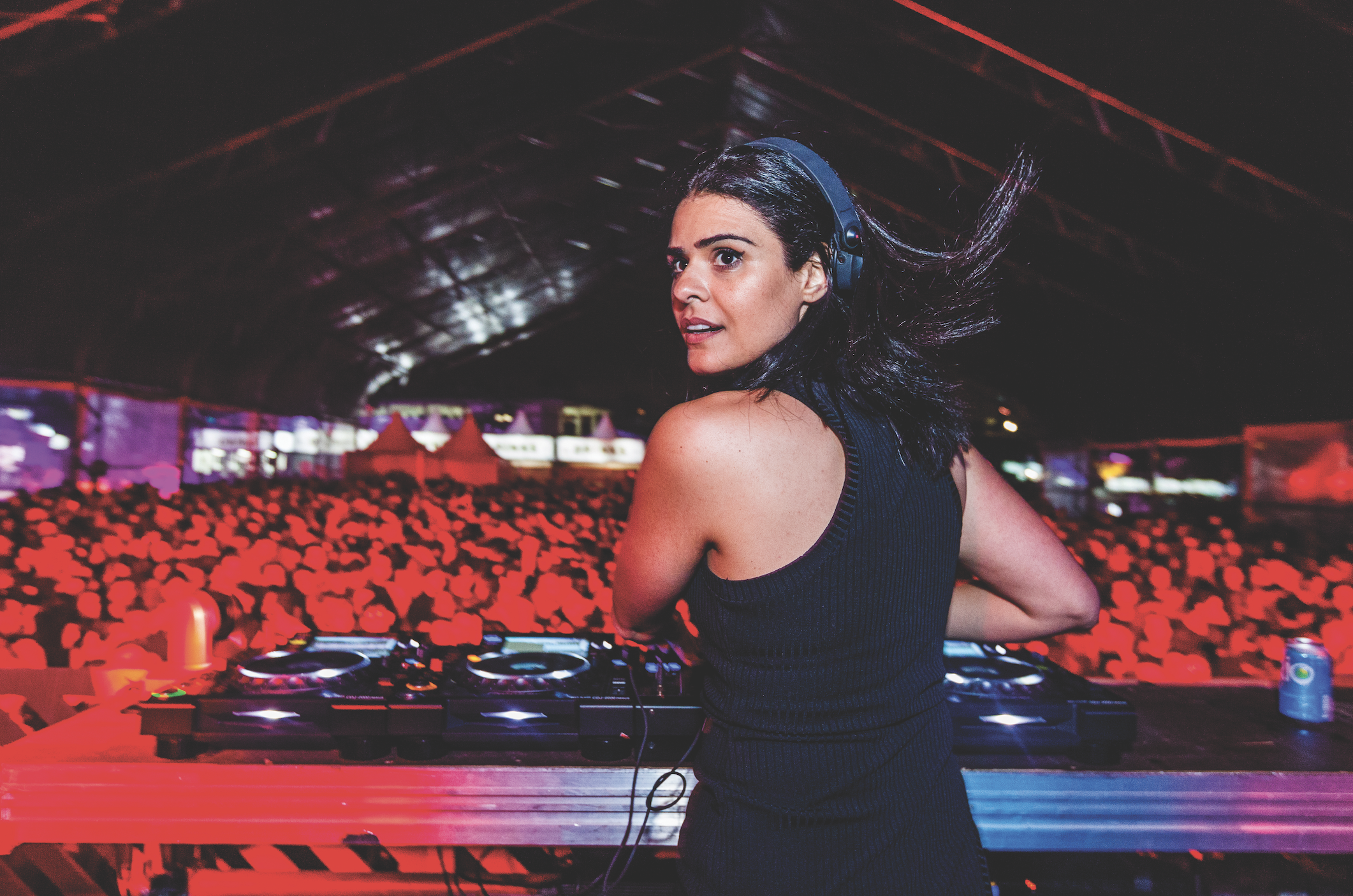
RECORD SHOPPING
As many fans by now know, Miranda grew up the daughter of a club owner. Her father, Ubirajara, ran a multi-floored, multi-genre space called Six in their hometown of Amparo, a quiet village two hours north of São Paulo.
“It was a really free childhood,” she says. “I was always playing football and volleyball in the streets.” By age nine, Miranda was taking regular trips to the nearby megalopolis with her father to buy records, where they’d spend the day bonding over music. “I remember he used to give me the headphones to listen,” she says. She also distinctly remembers DJ Marky, the legendary Brazilian drum & bass artist, selling records to her father, who usually had the pick of the litter when he went into the stores. “When he arrived at the store, the guys would bring a pile of vinyl,” she says about her father, adding that he bought everything from Brazilian music to Josh Wink. Once the younger Miranda began DJing in her teens, the trips were no longer for Ubirajara, with dad taking a backseat to his daughter’s collecting, though he still helped her where he could.
“On one occasion, I was listening to records, and a famous DJ from Brazil arrived. The [shop owner] went to the back of the store and brought some special records for him. My dad turned to the guy and said, ‘Hey, we don’t have some of these for Ana, no?’ And my daddy is a huge guy full of tattoos. He is a funny character.” She laughs at the memory. “I was a little bit ashamed. But it’s fun.”
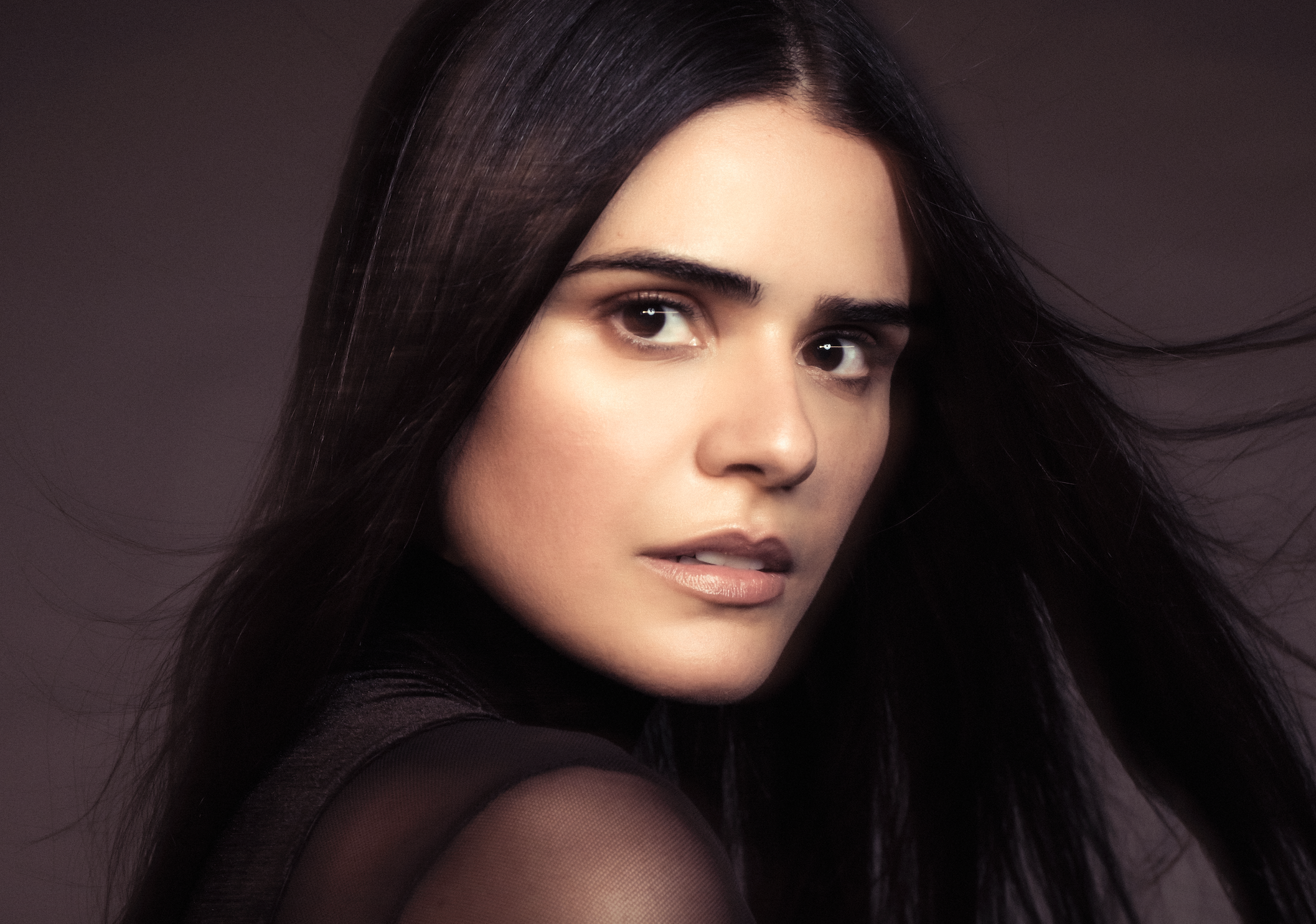
CRADLE TO THE RAVE
By 13, she was playing Brazilian pop in her dad’s club every weekend, sneaking off on fake bathroom breaks to the second floor techno room, where she was usually forbidden by her father to visit.
“I think it was because of the dancers, they used to dance inside of a jail,” she says. “But my father is funny, because after I started DJing [electronic music], it was not a problem anymore.” It was there she fell in love with the sounds of techno, house and drum & bass, then Brazil’s most popular electronic sound. “The first DJ that got my attention was DJ Marky,” she says. “His technique and his presence is so strong.” Now in her early thirties, Miranda has been DJing professionally her entire adult life, never having any other job. She knows she’s lucky in that regard. And while she’s had support along the way from her family and husband, Brazilian DJ and producer Wehbba, the key to Miranda’s success is borne from a streak of humble independence. Despite her father’s club and obvious charm, she says he had no industry connections away from the countryside. So her first big break came when a São Paulo promoter saw her playing hard grooving 140bpm techno (Plastikman, TP Heckmann, Dave Angel, Marco Bailey) near her hometown at age 17. That led to her first gig at Susi In Transe, a “super underground” club as she describes it, where she played on rickety turntables and a wobbly setup. “It was so magical,” she says. “I played there for a long time. I became really good friends with the promoter. It was a big part of my beginning.”
That club was the inspiration for Miranda’s ‘Suzi In Transe’ EP, which came out in April of this year on Clash Lion. The title track is a hypnotic acid belter that feels big enough for the largest festival stages, but restrained enough for dark basement clubs in Berlin and London — or Brazil. “It was my way of saying thank you to the club,” she says. ‘Suzi In Transe’ was part of a string of high-profile 2018 releases, including the ‘Razor’ EP on NovaMute, her ‘Extinct’ remix on Hotflush, and ‘Speicher 101’ on Kompakt, which included Miranda’s biggest track to date, ‘Hidden Beauties’. It topped the charts for months, and was played from Panorama Bar to Awakenings.
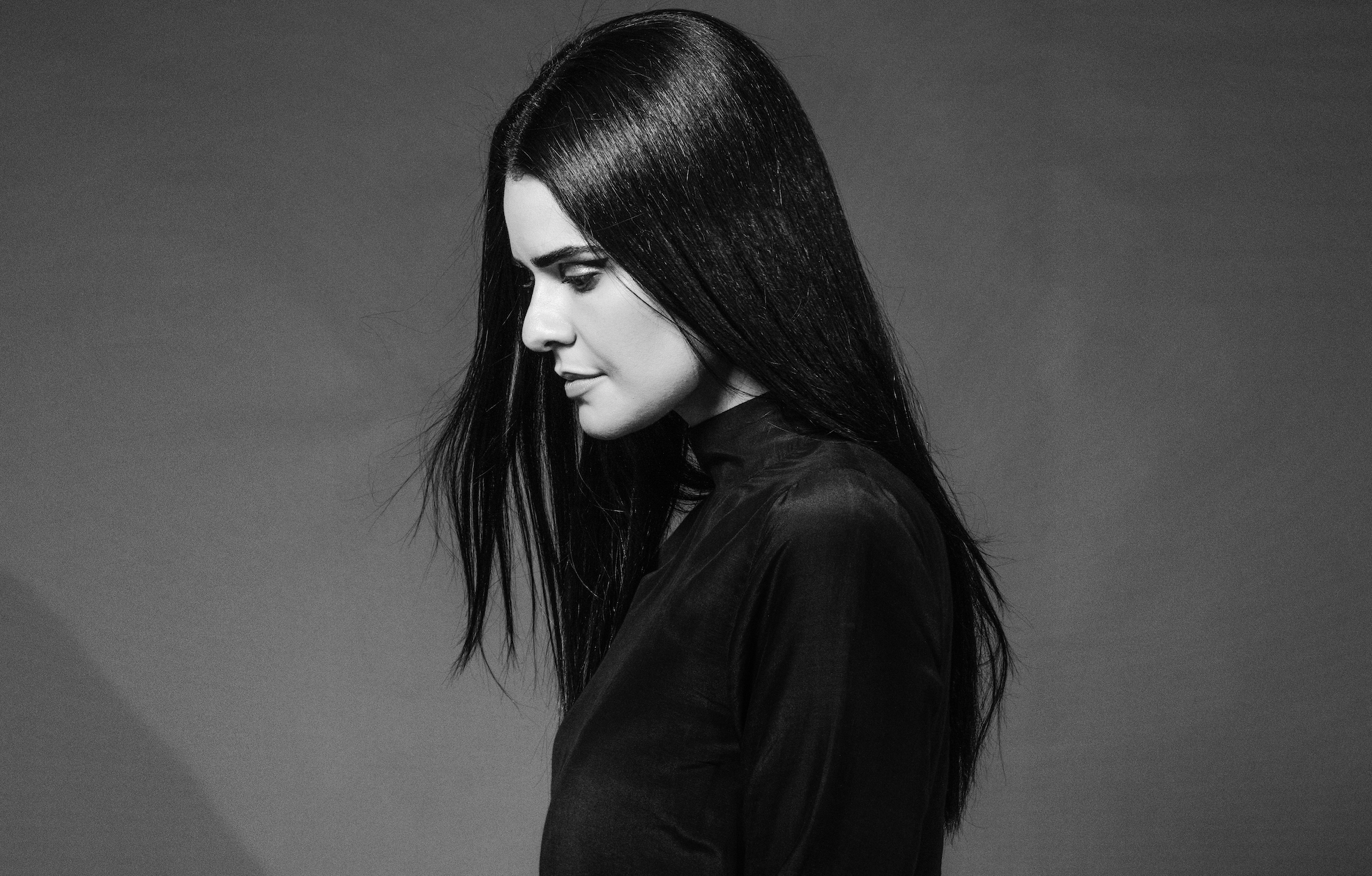
BRAVE
Miranda’s production career began in 2008, the same year she left Brazil for the first time. Her DJ career had slowed at home in São Paulo, which was gripped by “electro house fever,” as she calls it. Even as gigs dried up and agents pressured her, she refused to change her sound. Instead, she joined Wehbba in Czech Republic for a year and began releasing music. “It was just a bunch of loops,” she chuckles, facetiously admonishing her veteran producer husband: “I tell him, ‘how did you let me release this stuff?’”
She’s not ashamed, of course. It was a learning process, and one she grew into over time. She even took a bold chance that could have easily blown up in her face, remixing EDM duo Nervo in 2015. If she did this now, she’d likely be lauded as brave. But three years ago, her star was only beginning to rise, and her reputation was still widely unknown. Against her manager’s wishes, she agreed to the project, and viewed turning a brash EDM hit into a dark techno track as an interesting and unique challenge. That’s not to say she didn’t worry about the perception from other artists and fans who might suddenly see her as commercial, especially at a time when the divide between scenes was particularly acrimonious — she did, and was even attacked for it. But in the end, it worked. “A lot of underground DJs played the track,” she says.
With releases on Tronic, Toolroom, Twin Turbo, Terminal M, Diynamic and Rukus to her name, ANNA had bookings at clubs and festivals in nearly every corner of the globe in 2017. But something still wasn’t right. “People were playing my stuff, it was selling well, but I was like, ‘I don’t know if I’m doing this to make the crowd jump, or if it’s true enough to myself’.”
Miranda is not naturally gregarious, describing herself as something of an introvert, and even a little shy. On stage, she becomes a different person, viewing her role as someone who constantly takes care of everyone on the dancefloor. “I’m always looking to see if everybody’s happy. Or if they’re tired, to do something different,” she says. Playing for 10,000 people doesn’t scare her, but post-set networking isn’t really her thing. She’s friends with everybody, she likes everybody, but she’s not really that kind of person, preferring to stay home. “When I want to see an artist that I like, I go, but I’m not a party person. I’m more introspective.”
She quenches her natural urges to look inward with philosophy, regularly reading books by British philosopher Alan Watts, who most famously helped popularise Eastern philosophy for Western audiences. She’s also a fan of Aldous Huxley, author of the famed dystopian novel Brave New World, and former academic and clinical psychologist Ram Dass, an American who she calls, “a spiritual teacher, but a bit of a philosopher too.” But what’s been most important to her spiritual development is meditation.
Miranda discovered meditation nine years ago, after her husband suffered a panic attack. He took medications, but they weren’t working. So he took a course on Transcendental Meditation, and the results were astonishing. “The meditation cured him,” she says. Until around the time of her 2016 illness, Miranda was meditating for 20 minutes a day, sometimes twice daily. When she decided she needed a change, her lifestyle became almost monastic: 4:30am wake-ups followed by two hours of meditation, then another two hours at night. She also changed her diet, cutting booze and eating healthier, taking pre-planned meals in bags with her on the road. But it was meditation, she says, that changed nearly everything for her.
“I’m calmer, I suffer so much less,” she says. “Things that before used to affect me so much, now, I don’t even feel — my anxiety, for example.” When a label turns her down, or she’s not playing gigs where she wants to be, she no longer sees it as a sign that she’s not good enough. “Now, it’s just not supposed to be,” she says.
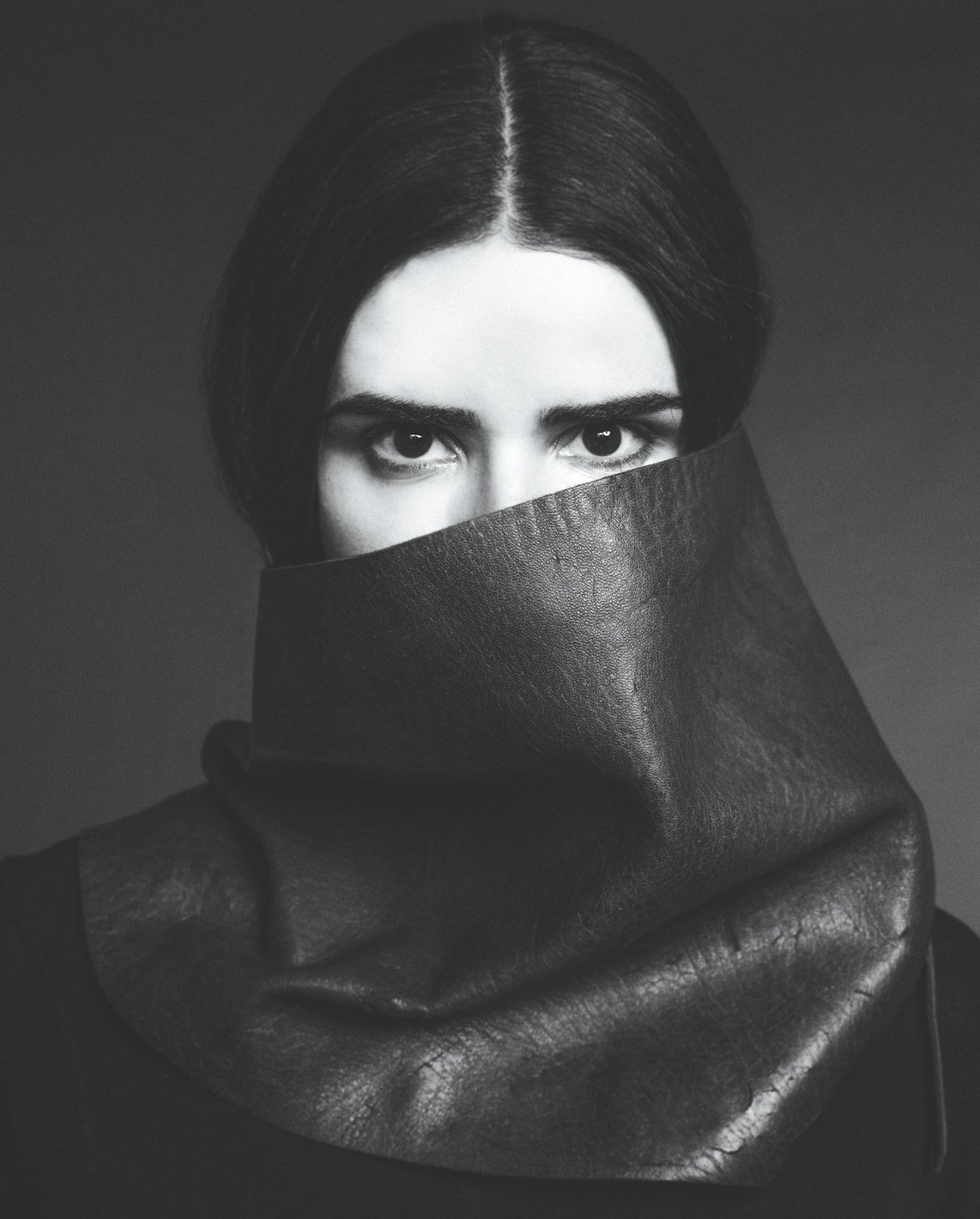
CHANNELING
She’s also more creative in the studio, saying meditation allows her to see inspirations everywhere: “in a movie, talking with friends; any noise, I can transform and put into my music”. Her production process has changed dramatically. Before 2017, a year in which she purposefully released just one EP and one remix, Miranda says she often viewed music creation as a means to an end, focusing her energy squarely on the result — which label might sign it or who it might please. Meditation cleared her mind of expectations, allowing her to create music for the sake of it. “I’m like a channel now, letting the creativity flow through me, and whatever happens, happens,” she says.
Miranda’s transformation has opened doors she never imagined possible, an irony not entirely lost on her. “After I started to think and produce like this, I signed with Hotflush and NovaMute. I never thought I was going to be on these labels.”
She hasn’t completely changed her style, of course; 2018’s ‘The Dansant’ has all the hallmarks of her 2014 hit ‘Artha’ — a beefy, grumbling bassline; a huge, minor-key, melancholic melody; peak-time energy — but feels far more refined, more effortless, and the melancholy she was reaching for is now fully pronounced. Through meditation, Miranda has gained the ability to release the wellspring of emotions dwelling deep inside her, which now flow into her music uninhibited. It’s mostly an unconscious experience, but part of a conscious change with how she views her sound.
“Of course, you can go to a studio and create whatever you want. You can go there and create a big-time, hands- up track, but I didn’t want to do this anymore.”
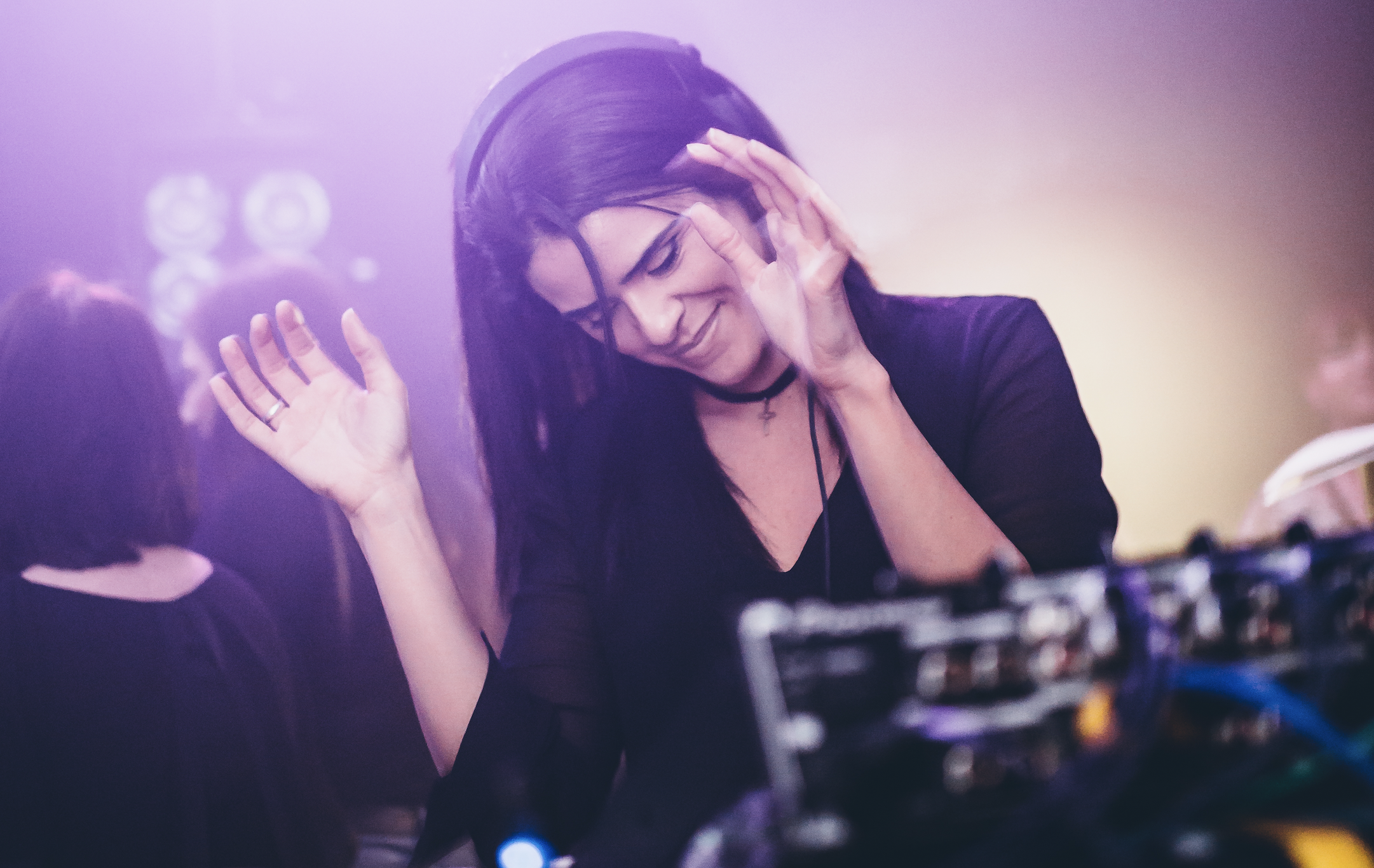
POSSIBILITIES
Following the success of ‘Speicher 101’, Kompakt will release the three-track ‘Speicher 105’ on 5th October, and Miranda’s remix of ‘Singularity’ follows in November. Towards the end of her conversation with DJ Mag, she toys with the idea of releasing an album some time in 2019, but only if the music flows without intention. “I would be doing the album for myself, and I want to do something different,” she says. Given her current output, the possibilities of just what that means are starting to look endless.
The list of producers who started down Miranda’s path and wound up where she is today must be an exceedingly short one. It’s difficult for any artist to question their early success, and perhaps especially so when the artist has worked almost their entire life for it. But ANNA’s ability to make such an improbable shift is likely because of her unwavering journey, which took her from her father’s club to highs and lows in Brazil and Europe, and deep into what it means to be fulfilled as an artist and a person.
As we end our call, she says she never imagined she’d be living the life she is now, and that while there’s plenty more to achieve, for the time being, she’s done chasing. “Sometimes it’s good to just stop and appreciate what you have.”
•ANNA was the first recipient of the Beatport Breakthrough Award at the Top 100 DJs show at ADE this year.
